CMS Machine Learning @ Level-1 Trigger Workshop 2023
We hosted the 2nd CMS Machine Learning at Level-1 Trigger Workshop at CERN from 11-15 December 2023, following an excellent first edition at Fermilab in 2022. Our aims for the workshop were to review the state of affairs as they are today, and to look ahead to the future. We arranged the timetable with a split agenda with half day sessions of hackathon work split into teams, and half day sessions of talks. This same splitting was used at the 2022 edition to great effect, breaking up the days and keeping the engagement high.
We covered projects that are mature and aiming to take data using ML in 2024; tools, techniques, and workflows; and the many projects under development seeking to enhance the CMS trigger with ML for the Phase 2 upgrade. This time we also opened an abstract submission for the community to propose on topics that we organisers were not aware of. The hackathon projects were also proposed by members of the CMS ML@L1T community, covering a diverse range of topics. We asked hackathon teams to give a short update presentation at the end of each day to motivate them to reflect on progress made and think ahead to the next day.
Tutorial
We actually started the workshop the week before with a tutorial for newcomers. This was part of the CMS week agenda, with the aim of bringing people new to ML, or L1T (or both) up to speed with a real “end to end” example of how to do ML@L1T from dataset preparation, exploration and initial studies; to L1T-appropriate model training with quantization and pruning; to deployment in hardware and emulation. This tutorial was taught by myself and colleagues Artur Lobanov, and Thea Aarrestad, both real experts in this domain. The tutorial exercises remain available on CERN Gitlab, and the recordings of the sessions are at the indico agenda.
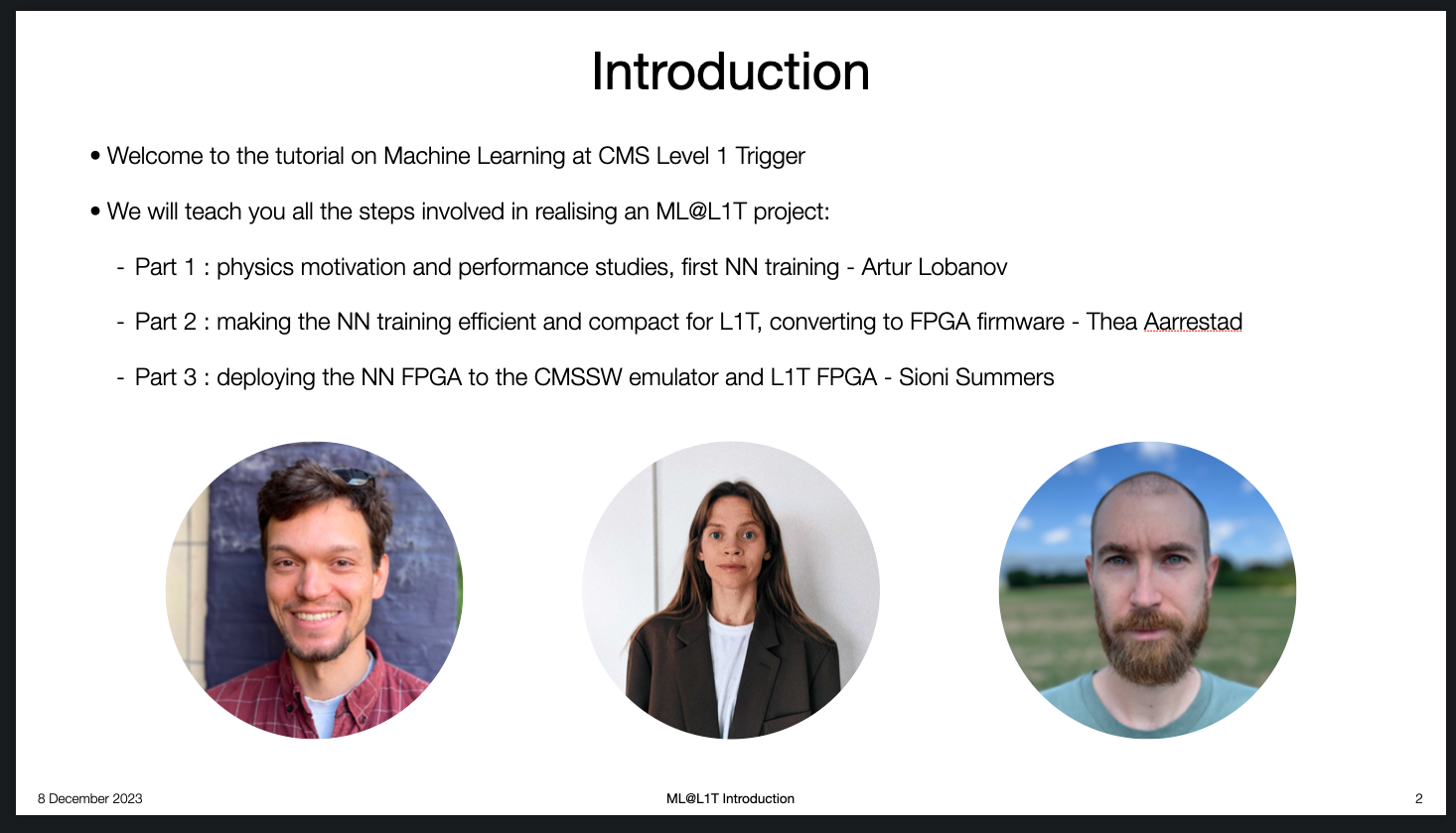
Day 1
On day one of the workshop proper we kicked off the hackathon projects in the morning with each team presenting a brief overview of their idea. New participants were able to talk to the experts and find something to work on. We then split into different rooms and started working!
In the afternoon we had overview talks on the Phase 2 CMS Level-1 Trigger and Scouting system. We also heard two external perspectives: one from Mathieu Guillame-Bert from the Decision Forests team at Google who presented an engaging and pedagogical talk on the relevance and use of Decision Forests today, and secondly from Jennifer Ngadiuba (who is also an ML@L1T expert) representing the CMS Machine Learning Group to discuss how ML is used through CMS.
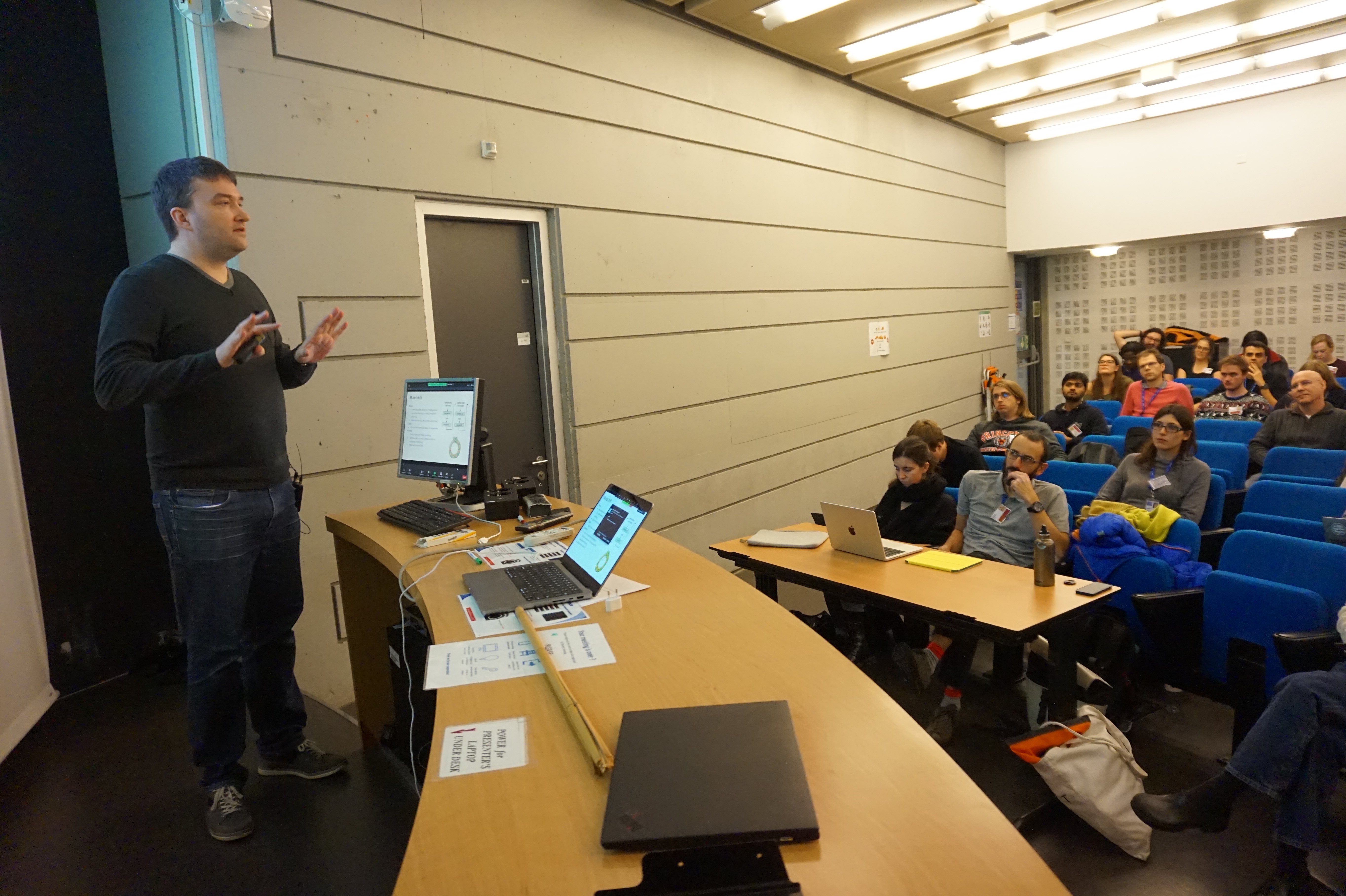
Day 2
On the second day, in the morning, we visited the CMS experiment detector itself, which is always a great experience. My tour group profited from the expertise and enthusiasm of the Level-1 Trigger project manager himself, Alex Zabi.
In the afternoon talks we heard talks on the tools and operational aspects of ML@L1T, then on the Run 3 ML projects. A highlight for me was the talk on ML Operations, where there is already a lot of thought and work ongoing in CMS outside of Level-1 Trigger.
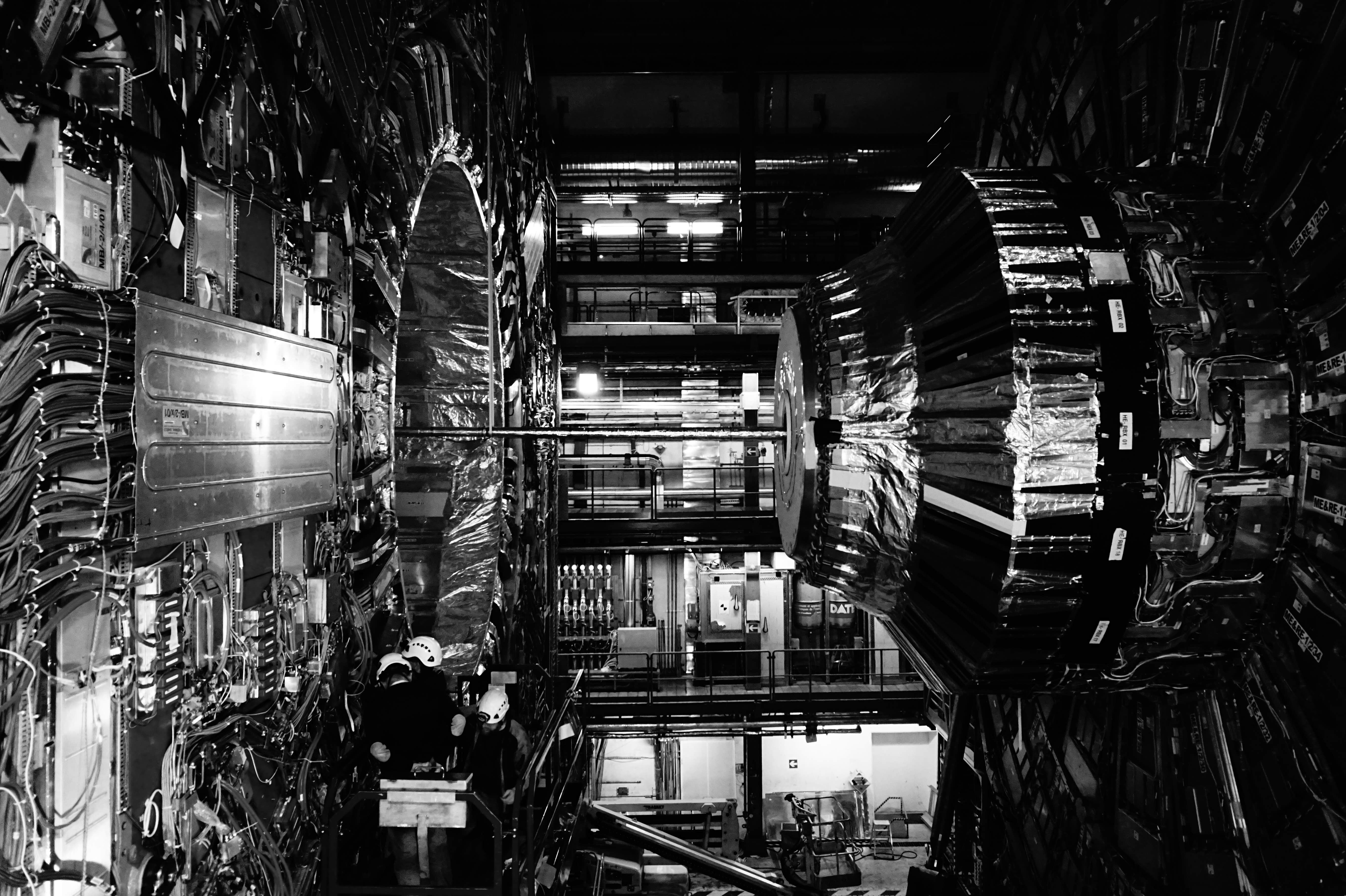
Day 3
In the day 3 morning we recommenced the hackathon work after a pause for the CMS visit on day 2.
The afternoon talks were dedicated to the Phase 2 activities, grouped by subsystem. Here it’s clear that ML will be deeply embedded into the system, and there are few areas that are not seeing improvements from ML compared with ‘classical’ or purely kinematic approaches.
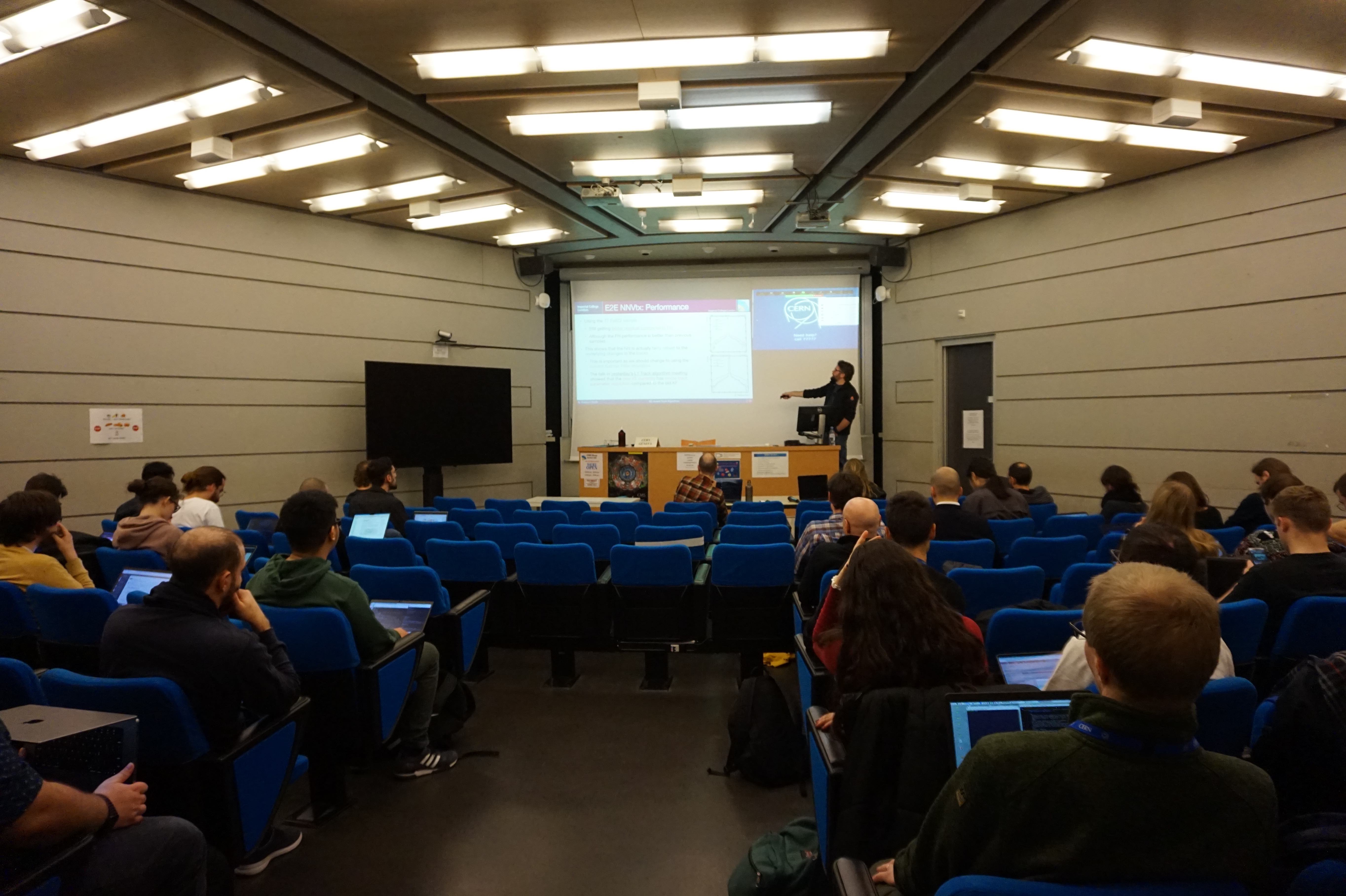
Day 4
Again day 4 commenced with the hackathon session. Judging by the daily reports, today we started to see the first movement from concept and model training to firmware deployment which is very impressive in such a compressed time.
The talks today were from the contributed abstracts on diverse topics related to ML@L1T. We heard on how to continually update Decision Forest models in the context of changing detector conditions, New Physics learning through statistical anomaly detection, calibrations with ML, and more.
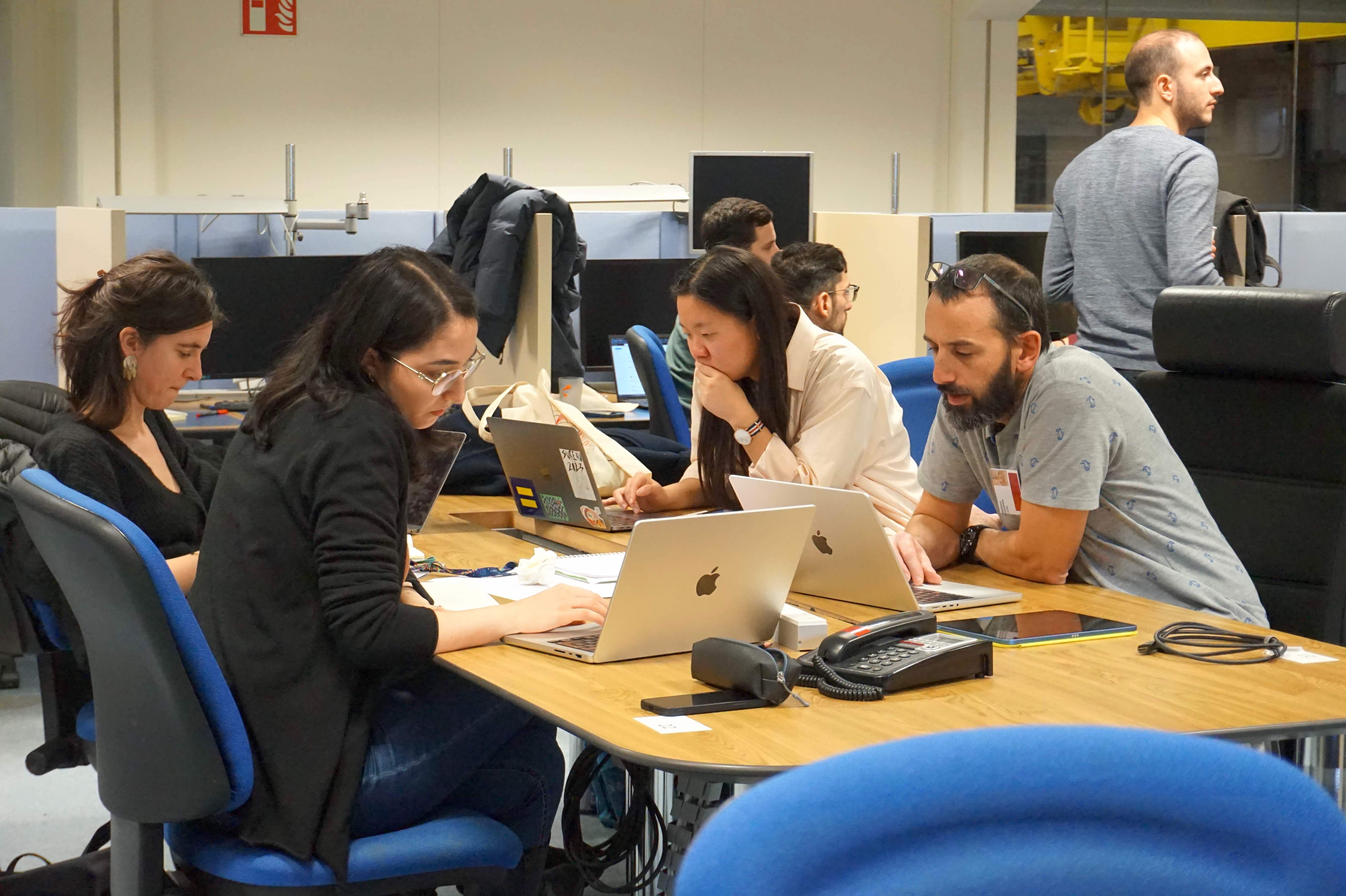
Day 5
The final day of the workshop was dedicated only to the hackathon sessions, giving teams time to wrap up their projects and prepare a short final presentation. At the end of the day each team presented their project, and the organisers gathered to vote for the top three teams to award prizes. We were looking for: innovation, impact, technical viability, progress, and teamwork. Our winning team worked on a project on b jet tagging for the Phase 2 correlator subsystem, showing encouraging improvements compared to the state of the art. What made it even more impressive was that this team was comprised of members who were very new to at least one part of the “ML” and “L1T”.
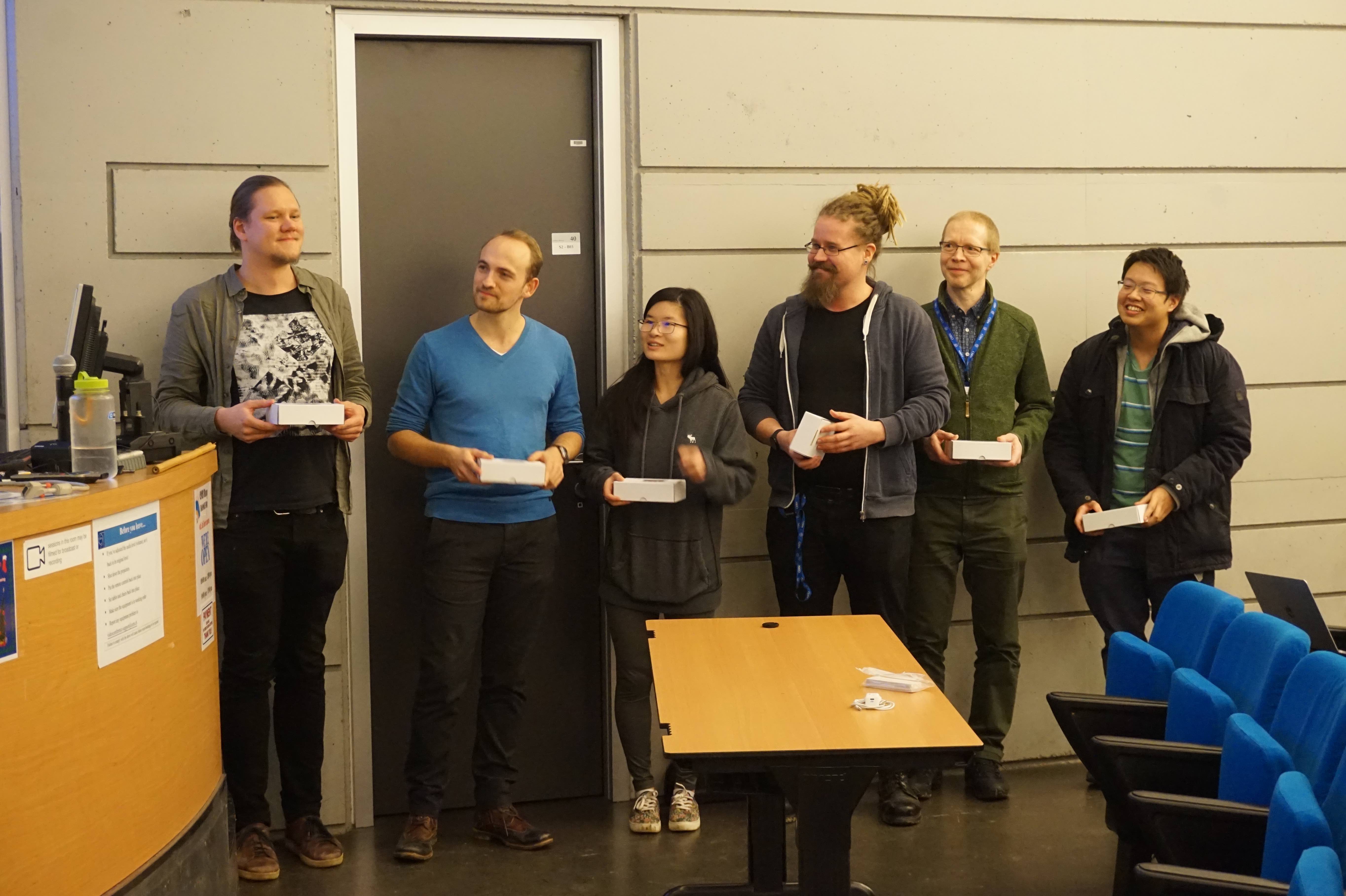
Summary
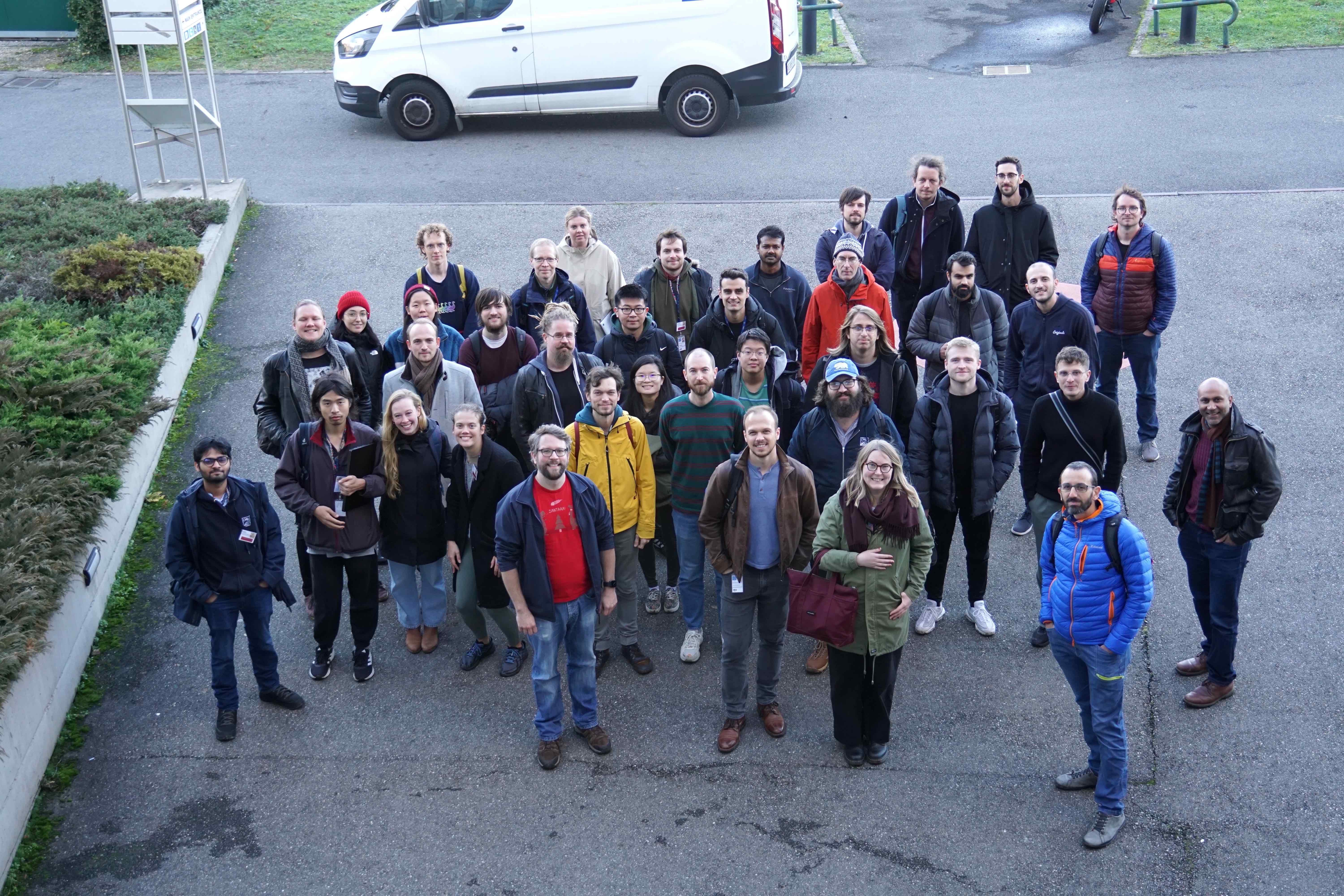
Overall this was an interesting and productive workshop covering what is fast becoming a crucial aspect of the CMS Level 1 Trigger and data taking. It’s clear that this topic is engaging the community, and a driver of innovation within the trigger project. We have some exciting prospects ahead both in the short and longer term, which promises for another excellent edition of this workshop next year…
